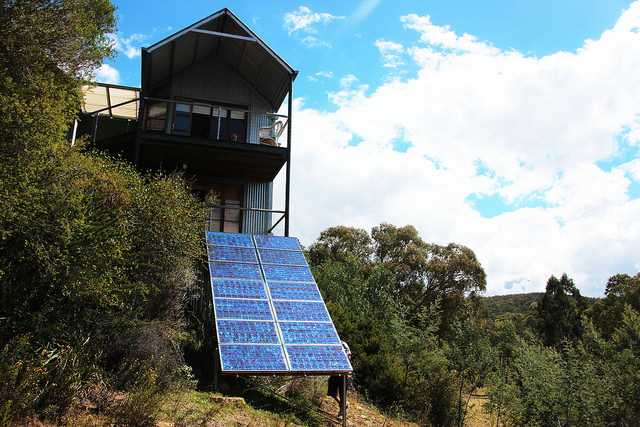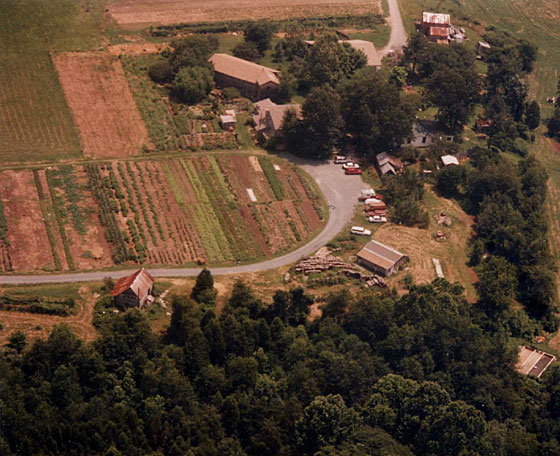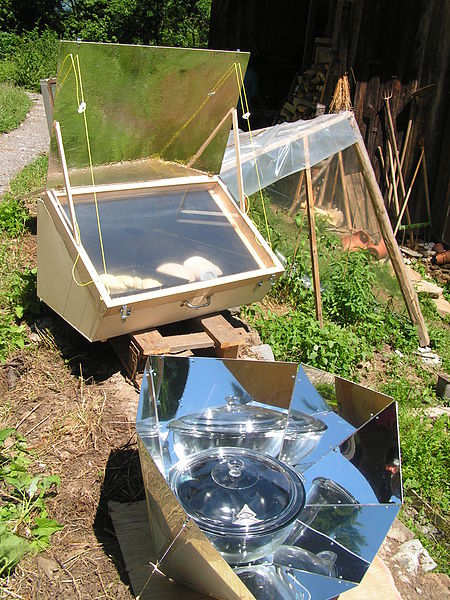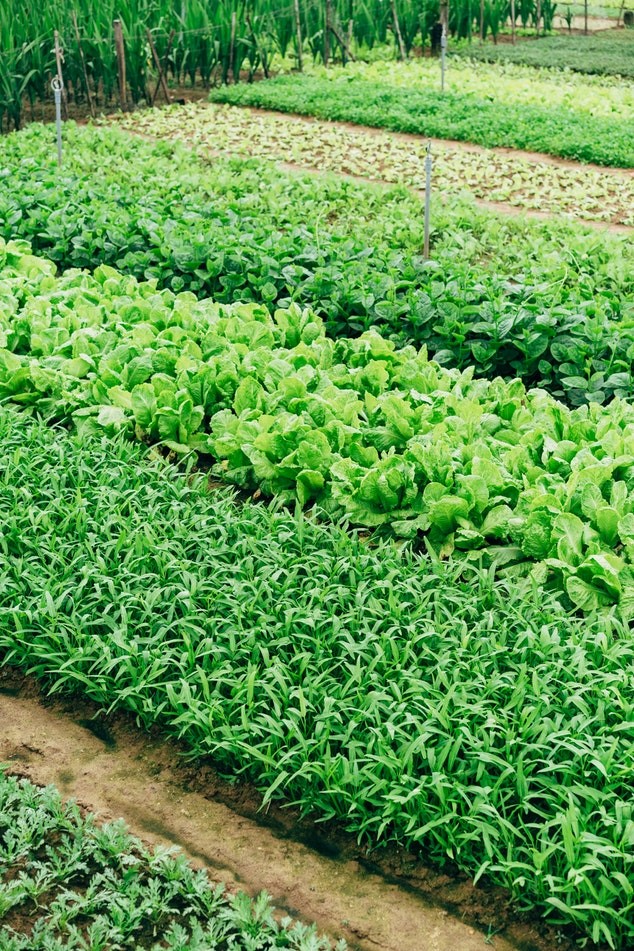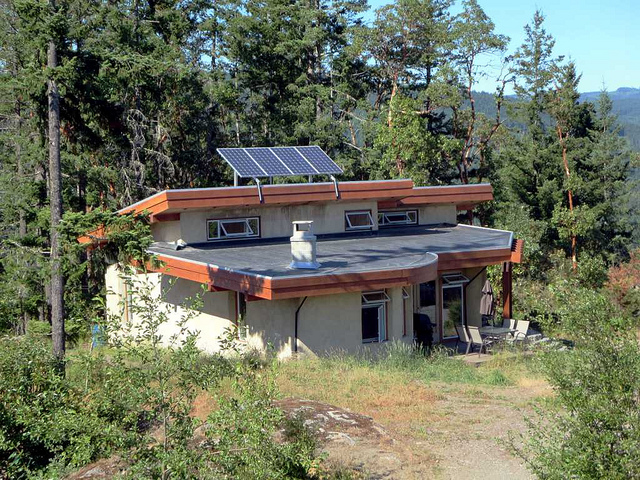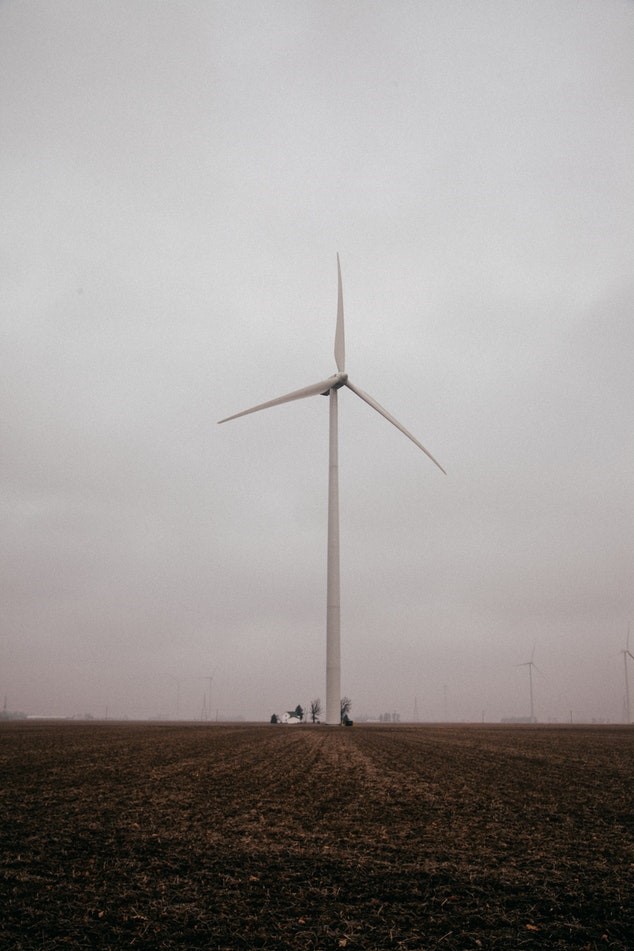What does Living Off the Grid mean?
Photo: Takver
Living off the grid (OTG) is living in a self-sufficient manner without reliance on one or more public utilities: energy, water, waste management. It further comprises not relying on end-products that use these public utilities as well, like commercially produced food. Off-gridders, as they are called, often live far from major metropolitan areas where housing costs are significantly less and the pressure to work full-time to sustain a modern home and lifestyle is reduced.
Here we’ll explore the basics of living off the grid – legality, existing communities, how it’s done, and why.
Is it legal?
OTG has met opposition from some state governments.
Florida: OTG residents could violate the International Property Maintenance Code
North Carolina: living OTG could violate the Building Code
Pennsylvania: imposes fees and licensing on renewable energy. The local utility company has the exclusive right to provide turbines to the public with an annual fee
Arizona: attempted to impose a statewide tax on residents with solar power
California: Violation of Title 24 Energy Code which requires grid interconnection
Of course, people manage to live off the grid in spite of regulations, but legal repercussions are something to be considered when choosing this lifestyle.
7 Best Places for living OTG in the U.S.
Three Rivers Recreation Area in Central Oregon - a 4,000 acre community is home to about 625 OTG families
Breitenbush, Oregon – community of 60 permanent residents who use geothermal wells for heating.
Photo: Wonderlane
Emerald Earth in Mendocino County, CA – one communal house with a dozen residents on 189 acres.
Dancing Rabbit Ecovillage in northeast Missouri – a community of 45 residents on 280 acres of land.
Photo: Dancing Rabbit Ecovillage
The Greater World Community in Taos, NM – 75 Earthship homes on 634 acres of land. Earthship homes are made from sustainable materials, like adobe and recycled tires.
Photo: Matthew Yglesias
Twin Oaks Community, Virginia - 450 acres of land in rural central Virginia is home to a 100-person community first established in 1967
Earthaven in North Carolina - 60 residents live in a village on 320 acres in the mountains of North Carolina in hydro- and solar-powered homes.
How do people live off the grid?
Photo: Takver
Energy
Solar energy captured through photovoltaic panels is a common solution to providing your own energy. A battery is used to store energy for use when the sun goes down. Many families rely on a generator in combination with solar power. Wind turbines may also provide a clean renewable source of energy.
Gas
Some families use a propane tank to provide gas for cooking and other uses, although this does require reliance on an outside party install and refill the tank periodically. Alternative options include wood burning stoves and solar ovens.
A solar powered oven
A wood burning stove
Photo: Valerie Everett
Water
Private wells supply off-grid homes with their own water. Some homes also rely on rain water collection systems, especially in areas where there is not ample underground water. When natural resources are not sufficient, people may purchase infill water, however this does tie you to your supplier. Grey water systems that recycle lightly used water offer another way to maximize your resources.
Food
Living off the grid also means providing your own food - farming and, in some cases, raising animals. Preserving food at harvest times so that you will have enough throughout the year is another part of the process. Cellars help preserve food for long periods of time. The tremendous effort needed to supply all your own food is one reason why many who live off the grid choose to live in communities that share rewards and work.
Waste Management
Either a private septic system or a compositing toilet must be maintained for homes not connected to city sewers. Composting toilets decompose human waste using microorganisms. Sawdust or other carbon additives are added after each use to promote decomposition and reduce odor. No water is used in composting toilets. The resulting compost is often moved to a secondary composting step to further reduce pathogens, and can then be used to enrich soil.
Photo: Velacreations
Why go off the grid?
Photo: David Stanley
Financial independence from the government and a reduced environmental footprint are main drivers for people to go off the grid. Living off the grid also offers people the satisfaction of being self-sufficient and living on their own terms. Unconnected to public utilities, you are not affected by some urban disasters, like electricity blackouts and gas explosions. Carbon footprints are reduced because households must supply their own energy through solar panels and/or wind turbines. And fewer trips to town are necessary for households providing all their own food and necessities. Off-gridders are often seeking to get away from consumerist culture and enjoy the simple pleasures of life.
Off-the-grid homes are usually more modest than modern homes for many reasons. It is difficult and expensive to build a home without reliance on public utilities, so building larger simply for the sake of having more space is not justified. Smaller homes have fewer energy demands and reducing consumerism and materialism go hand in hand with the off-grid movement. The cost to maintain a smaller home is less, and living in a location with low real estate prices may allow a homeowner to purchase or build with little to no reliance on a financial institution. Minimizing this great financial burden may allow off-gridders the freedom to not work full-time – a major component of complete independence.
